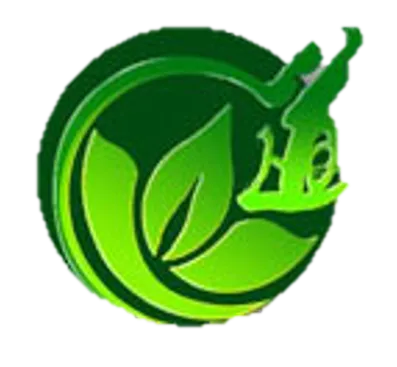Cancer
A Traditional Chinese Medicine View of Cancer
Resolving Phlegm, Strengthening Vital Qi, and Supporting the Body's Natural Healing
In Traditional Chinese Medicine (TCM), the concept of “cancer” as described in modern biomedicine does not appear in classical texts under the same name. Instead, conditions involving abnormal tissue growths, masses, or tumors are often classified under terms such as “Ying Liu” (瘿瘤, nodules and swellings), “Ji Ju” (积聚, accumulations and lumps), and more broadly as “Phlegm disorders” (痰证) or “Blood stasis syndromes.”From a TCM perspective, cancer arises due to a complex internal imbalance, often involving the accumulation of pathological Phlegm, Dampness, Cold, Blood stasis, and stagnant Qi, along with a weakening of the body's upright (Zheng) Qi, which is responsible for self-regulation, detoxification, and disease resistance.
🔹 Root Causes in TCM
According to TCM theory, the internal formation of Phlegm and Dampness, combined with emotional stress, poor digestion, and long-term dietary and lifestyle habits, creates an environment where the body can no longer transform and transport fluids efficiently. This leads to the accumulation of toxins, turbid substances, and stagnation, which may gradually form masses or “lumps.”Common contributing factors include:
Improper diet: Overconsumption of greasy, cold, or sweet foods impairs the Spleen, leading to Dampness and Phlegm
Chronic emotional stress: Suppressed emotions—especially anger, worry, or grief—constrain Liver Qi and promote internal Heat or stagnation
Cold and Yang deficiency: Weak Kidney Yang or Spleen Yang impairs metabolism and circulation, encouraging accumulation
Blood stasis: Poor circulation can lead to hardened masses and tumor formation
Zheng Qi deficiency: Weak constitution or post-illness depletion reduces the body's ability to eliminate pathogenic factors
🔹 TCM Treatment Principles for Cancer Support
While TCM does not treat cancer as a single, uniform disease, it provides supportive care based on each individual’s constitution and pattern. The primary goals are:
Transform Phlegm and Dampness
Warm and resolve Cold accumulation
Activate Blood circulation and move stagnant Qi
Strengthen Zheng Qi (vital energy/immune system)Calm the mind and regulate emotions
Herbal medicine, acupuncture, moxibustion, and lifestyle adjustments are tailored to each patient’s unique presentation and stage of illness.
🔹 Herbal Strategies
TCM herbal prescriptions are used to:
Disperse masses and soften hardness
Clear internal Heat and toxicity
Transform Phlegm and drain Dampness
Strengthen Spleen and Kidney function
Support energy (Qi) and nourish Blood
Common herbs may include:
🔹 Acupuncture and Moxibustion
Acupuncture can regulate the internal organ systems, relieve pain, reduce nausea, and support the immune system. It also helps manage stress and promote sleep.Moxibustion, which involves warming points with burning mugwort, is especially useful in cases of Yang deficiency, Cold accumulation, or general fatigue and weakness. It helps to strengthen Yang, expel Cold, and improve circulation.
🔹 Supporting Patients During Chemotherapy and Radiation
Cancer therapies such as chemotherapy and radiation often weaken the body’s Qi, damage Yin and Blood, and impair digestive and immune function. TCM provides important supportive care during this time by:
Reducing fatigue and nausea
Improving appetite and digestion
Strengthening immunity and energy
Protecting the Liver and Spleen systems
Helping the body recover from toxic side effects
🔹 Emotional and Lifestyle Support
TCM emphasizes the connection between emotions and physical health. Prolonged worry, fear, sadness, or anger can obstruct Qi flow and weaken organ function. Treatment often includes Shen-calming herbs, acupuncture points for emotional regulation, and recommendations for breathing, qigong, or meditation practices.
✅ Conclusion
While TCM does not diagnose or treat “cancer” in the Western biomedical sense, it offers a profound and effective system for managing the underlying imbalances that may lead to chronic illness and tumor formation. Whether used preventively, adjunctively during medical treatment, or as rehabilitation after treatment, TCM’s holistic methods aim to:
Dissolve stagnation
Strengthen the body’s natural defenses
Improve quality of life
Restore physical and emotional balance
Through personalized herbal therapy, acupuncture, moxibustion, dietary regulation, and emotional healing, TCM provides a compassionate and comprehensive approach to cancer care and recovery.
